EasyGo!™ Human/Mouse/Rat TGF-β1 One-Step ELISA Kit
$349.00 – $499.00
ELISA Kit Detail Information
| Related Target | |
|---|---|
| Species | human,mouse,rat |
| Sample Type | Serum, plasma |
| Sample Volume | Serum, plasma: 40 μL |
| Sensitivity | 10.76 pg/mL |
| Array Range | 15.625 pg/mL - 1000 pg/mL |
| Assay Time | 1.5h |
| Recovery | 75% - 116% |
| Average Recovery | 94% |
| Intra Precision | 5.8% - 9.1% |
| Inter Precision | 4.3% - 6.9% |
| Plate | Detachable 96-well Plate |
| Storage | If the reagent kit is unopened, it should be stored at 4℃. However, if it has been opened, the standard should be stored at -20℃, while the other components should be stored at 4℃. |
| Delivery | 4℃ Blue Ice Transport |
| Components | 1× Washing Buffer 1× Assay Buffer Stop Solution Substrate TMB Standard Microplate Wells HCl NaOH |
| Assay Principle | This assay employs the quantitative sandwich enzyme immunoassay technique. A monoclonal antibody specific for Human/Mouse/Rat TGF-β1 has been immobilized onto microwells, and two pellets of the biotin-linked detect antibody specific for TGF-β1 (light yellow) and streptavidin-HRP (purple) are pre-placed in the microwells, sealed by the adhesive film. Standard or samples are pipetted into the wells, then TGF-β1 present is bound by the immobilized antibody and detect antibody, of which the latter is conjugated with streptavidin-HRP in the incubation. After washing, substrate solution reacts with HRP and color develops in proportion to the amount of TGF-β1 bound by the immobilized antibody. The color development is stopped and the intensity of the color is measured by microplate reader. |
Related Targets
TGFB1
TGFB1 Target Infomation Overview
- Target Symbol: TGFB1, transforming growth factor beta 1
- Gene Groups: Transforming growth factor beta family
- Alias: CED; TGFbeta
- Previous Names: TGFB; DPD1
- Alias Names: Camurati-Engelmann disease; prepro-transforming growth factor beta-1; Diaphyseal dysplasia 1, progressive; transforming growth factor, beta 1
TGFB1, transforming growth factor beta 1 Target Infomation by Species
- Human
- Mouse
- Rat
Human TGFB1 Target Information
- Target Symbol: TGFB1, transforming growth factor beta 1
- Alias:
- CED
- DPD1
- IBDIMDE
- LAP
- latency-associated peptide
- prepro-transforming growth factor beta-1
- TGF-beta 1 protein
- TGF-beta-1
- TGF-beta1
- TGFB
- TGFbeta
- transforming growth factor beta-1
- transforming growth factor beta-1 proprotein
- transforming growth factor beta1
- NCBI_Gene: 7040
- UniProtKB: P01137
Human TGFB1 Predicted Functions
Enables several functions, including antigen binding activity; identical protein binding activity; and transforming growth factor beta receptor binding activity. Involved in several processes, including cell surface receptor signaling pathway; positive regulation of macromolecule metabolic process; and positive regulation of signal transduction. Acts upstream of or within epithelial to mesenchymal transition; negative regulation of gene expression; and positive regulation of isotype switching to IgA isotypes. Located in several cellular components, including cell surface; extracellular space; and nucleus. Colocalizes with microvillus. Implicated in several diseases, including Behcet’s disease; Camurati-Engelmann disease; aphthous stomatitis; artery disease (multiple); and lung disease (multiple). Biomarker of several diseases, including artery disease (multiple); autoimmune disease (multiple); carcinoma (multiple); hematologic cancer (multiple); and lung disease (multiple).
Mouse Tgfb1 Target Information
- Target Symbol: Tgfb1, transforming growth factor, beta 1
- Alias:
- TGF-beta 1
- TGF-beta1
- Tgfb
- Tgfb-1
- TGFbeta1
- NCBI_Gene: 21803
Mouse Tgfb1 Predicted Functions
Enables protein serine/threonine kinase activator activity and transforming growth factor beta receptor binding activity. Involved in several processes, including circulatory system development; positive regulation of leukocyte differentiation; and regulation of cytokine production. Acts upstream of or within several processes, including animal organ development; positive regulation of histone modification; and regulation of protein localization to nucleus. Located in cytoplasm; extracellular matrix; and extracellular space. Is expressed in several structures, including alimentary system; embryo mesenchyme; genitourinary system; heart; and skin. Used to study Sjogren’s syndrome. Human ortholog(s) of this gene implicated in several diseases, including Behcet’s disease; Camurati-Engelmann disease; aphthous stomatitis; artery disease (multiple); and lung disease (multiple). Orthologous to human TGFB1 (transforming growth factor beta 1).
Rat Tgfb1 Target Information
- Target Symbol: Tgfb1, transforming growth factor, beta 1
- Alias:
- TGF-beta-1
- Tgfb
- transforming growth factor beta-1
- transforming growth factor beta-1 proprotein
- transforming growth factor, beta-1
- NCBI_Gene: 59086
- UniProtKB: P17246
Rat Tgfb1 Predicted Functions
Enables identical protein binding activity and protein N-terminus binding activity. Involved in several processes, including animal organ development; cellular response to hormone stimulus; and regulation of epithelial cell proliferation. Acts upstream of or within positive regulation of smooth muscle cell differentiation. Located in several cellular components, including cell surface; neuronal cell body; and secretory granule. Used to study chronic obstructive pulmonary disease; familial hyperlipidemia; hypertension; proteinuria; and pulmonary fibrosis. Biomarker of several diseases, including allergic rhinitis; artery disease (multiple); cerebrovascular disease (multiple); gastrointestinal system cancer (multiple); and lung disease (multiple). Human ortholog(s) of this gene implicated in several diseases, including Behcet’s disease; Camurati-Engelmann disease; aphthous stomatitis; artery disease (multiple); and lung disease (multiple). Orthologous to human TGFB1 (transforming growth factor beta 1).

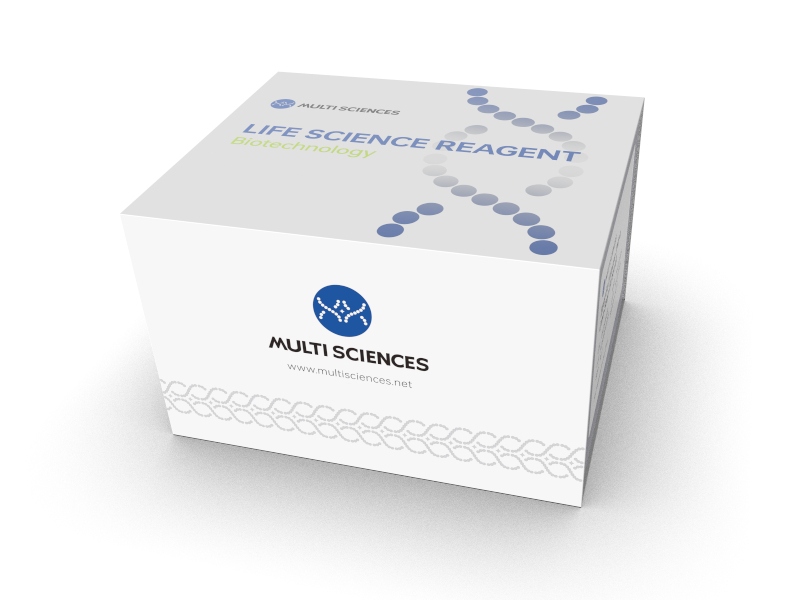
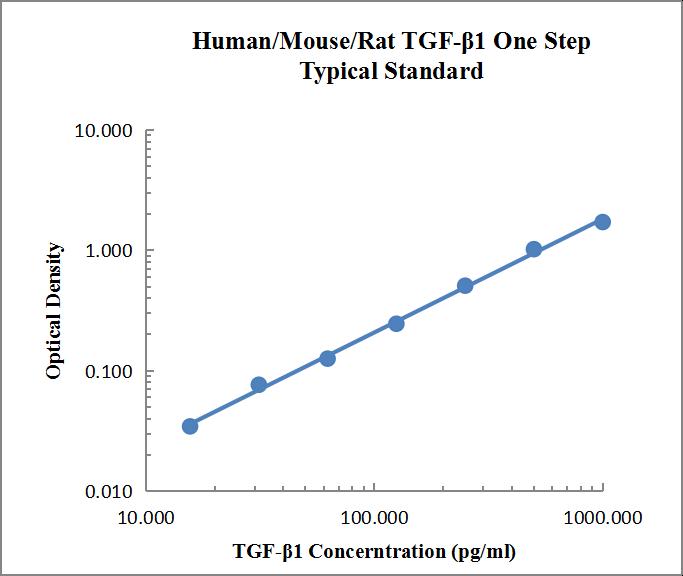


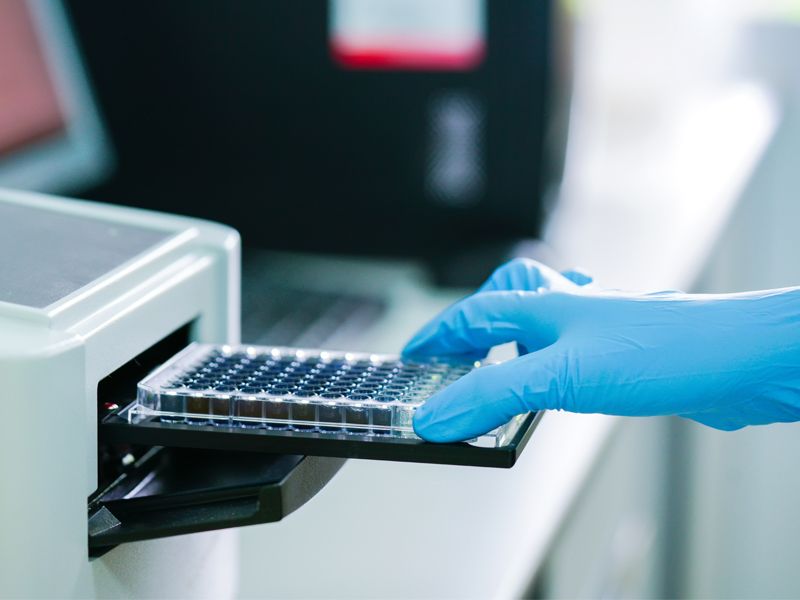
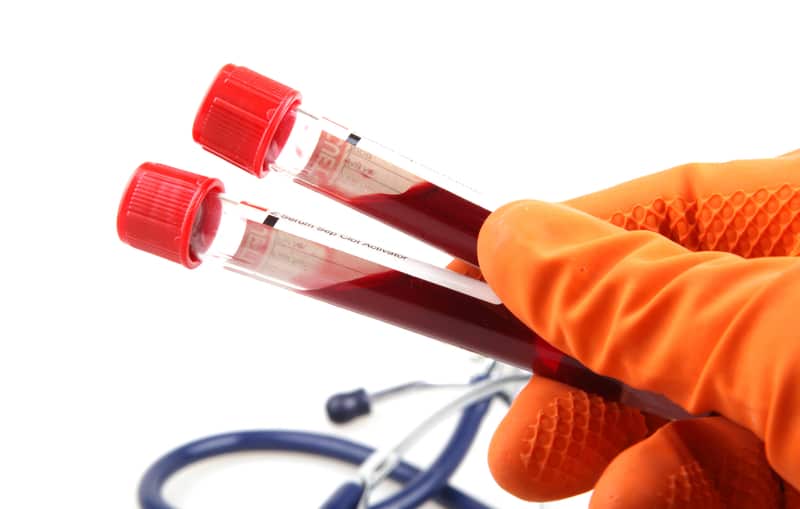
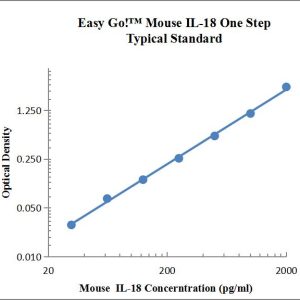
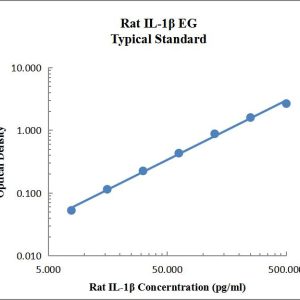
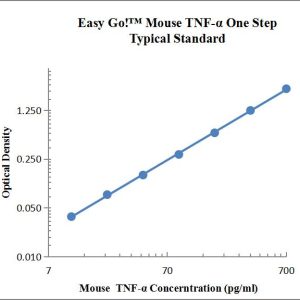
Reviews
There are no reviews yet.